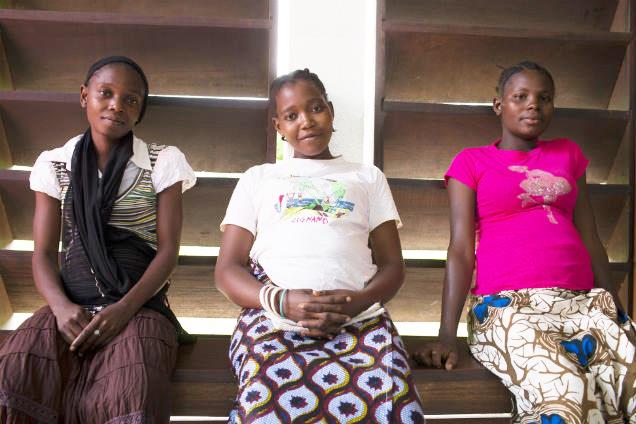IWD2020: Project on antimalarial drugs’ usage during pregnancy in Africa launched
In commemoration of International Women’s Day 2020, Medicines for Malaria Venture (MMV) – a Swiss-based product development partnership in antimalarial research – and the Liverpool School of Tropical Medicine (LSTM), have announced a collaboration to establish a pregnancy registry in malaria-endemic African countries; so as to fill the data gap on the use of antimalarial medicines during pregnancy on the continent.

According to WHO`s 2019 World Malaria Report, about 11 million pregnant women in sub-Saharan Africa – 29% of all pregnancies – were infected with malaria. Consequently, about 900,000 children in 38 African countries were born with a low birth weight due to malaria infection in pregnancy.
Despite pregnant women being disproportionately impacted by malaria – as malaria infection during pregnancy carries substantial risks for the pregnant woman, her fetus and the newborn child – limited data is currently available in the second and third trimester for the more recently approved Artemisinin-based Combination Therapies (ACTs).
“Artemisinin-based Combination Therapies (ACTs) are the standard of care for malaria, and are recommended by the WHO for children and adults including pregnant women who are in their second and third trimester. Even though they are recommended by the WHO, limited data are available in second and third trimester for the more recently approved ACTs. In addition, ACTs are currently not recommended in the first trimester of pregnancy owing to a historic lack of safety data. However, there is evidence that a significant proportion of women seeking treatment for malaria in early pregnancy are treated with ACTs either because they do not know, or are unable to declare that they are pregnant,” said a joint statement by MMV and LSTM.
The project therefore aims to secure more data about this high-risk group to inform policy and better support the medical needs of pregnant women in Africa. In addition, while often used in the first trimester due to a lack of information, ACTs are not currently recommended for use in the first trimester as there is not enough safety data available.
“In line with WHO and regulatory recommendations on the need to generate high-quality data on a continuous basis, the project will capture data through a prospective observational study on the real-life use of ACTs during all stages of pregnancy, including the first trimester. The study will be conducted in three countries across Africa with the goal of collecting enough safety and exposure data that, if positive, would allow for policy change on the use of ACTs in the first trimester of pregnancy,” the statement added.











